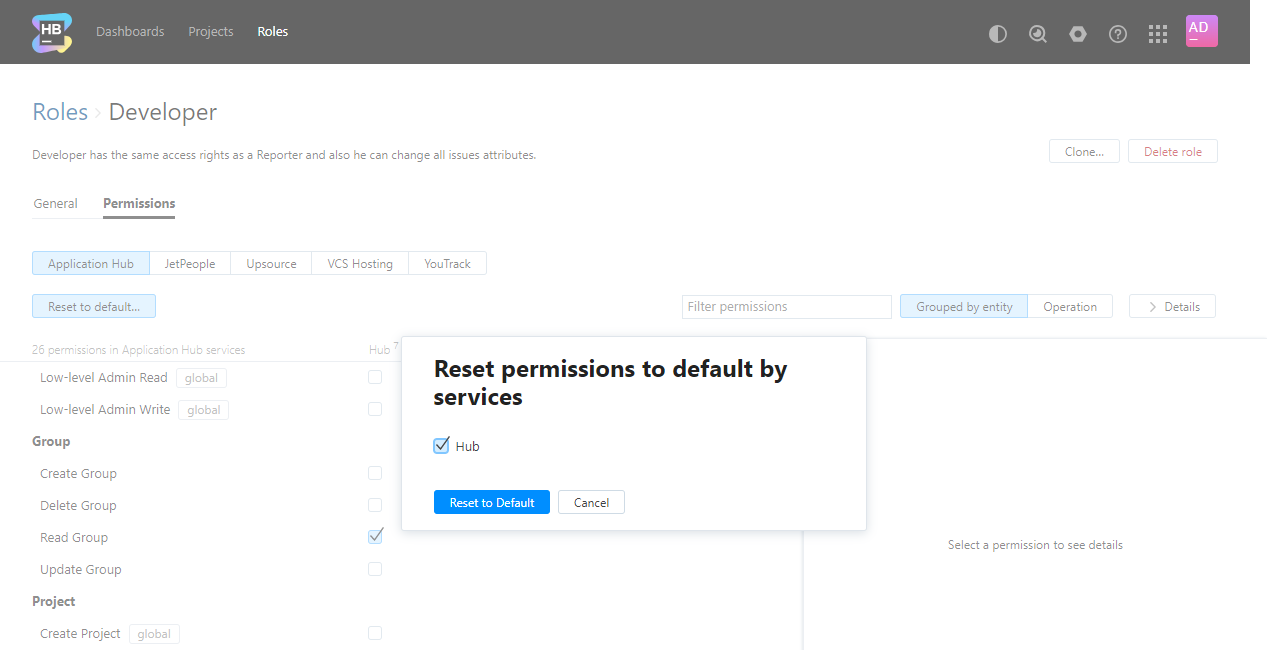

Tapping on the option will take you to an App privacy page with a list of unused apps that have already had their permissions revoked.
App permissions reset android#
Play protect can also remove App permissions on Android 10, this is notification I got today. If you have an eligible device, you should see the new “Permissions for unused apps” option in the Play Protect settings as soon as the feature becomes available. Google has planned a gradual roll out of this feature starting December 2021, and expects it to reach all devices running Android version between 6.0 to 10 by the first quarter 2021.According to recent reports on Twitter, users with devices running Android 6.0 to Android 10 are getting the auto-reset permissions feature through Play Protect. Also, apps that enforce enterprise security policies are exempted, meaning that end-users cannot revoke permissions in such environments. The company notes that the feature will be enabled by default for apps targeting Android 11 (API level 30), and can be enabled manually for those targeting API levels 23 to 29. The user can manually enable auto-reset for apps targeting Android 6.0 (API level 23) or later.Īpps can request the user to disable auto-reset for the app.Ĭonsidering how slow Android OEMs can be to push out the latest OS releases to recent phones, not to mention perfectly functioning ones that have reached end-of-life, it’s nice to see Google stepping in and bringing this privacy feature to a sizable chunk of the Android user base. Permissions are reset by default for apps targeting Android 11 or later. Permissions are automatically reset on the following devices:ĭevices with Google Play services that are running a version between Android 6.0 (API level 23) and Android 10 (API level 29), inclusive.Īll devices running Android 11 (API level 30) and higher devices. Permissions are automatically reset on Android 11 (API level 30) and higher devices. Up until now, this feature has been exclusive to Android 11 devices, but will soon become available to billions of older phones via a Google Play Services update. To improve privacy, Android 11 would detect such apps and revoke their permissions so that user consent was required again upon launch. The premise was that a user might have installed an app, granted it access to sensitive hardware like camera or storage, and happened to launch it once or twice before leaving it unused in the app drawer for months on end. Now, Google has announced a gradual roll out of this privacy feature to all Android 6.0 devices and later, starting December 2021.Īmong the several privacy-focused features introduced in Android 11 was the OS’ ability to reset permissions for apps that hadn’t been used in a while. It’s why Google baked in an auto-revoking permissions feature in Android 11 which resets permissions for apps that haven’t been launched for some time. However, rarely/unused apps with permanent access to this info can become a privacy risk. Why it matters: It’s understandable for daily apps to require access to your phone’s sensitive info like location, mic, or camera.


 0 kommentar(er)
0 kommentar(er)
